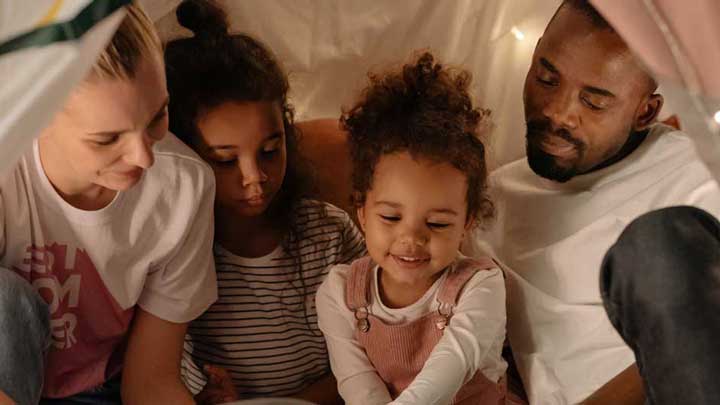
Conscious Parenting
Conscious parenting involves mindfulness, empathy, and being present with your child to foster emotional resilience and mutual understanding.


Conscious parenting involves mindfulness, empathy, and being present with your child to foster emotional resilience and mutual understanding.

Tiger parenting focuses on discipline and achievement. Explore its effects, challenges, and how to strike a balance for positive outcomes.

Authoritative parenting focuses on balancing discipline with warmth, fostering independence, emotional strength, and responsible decision-making in children.

Helicopter parenting offers guidance and oversight but can hinder independence. Discover strategies to balance involvement with fostering resilience.

Attachment parenting focuses on creating deep bonds through responsive care, empathy, and consistent nurturing for a child’s emotional well-being.
Our parenting style quiz help assess how closely your approach aligns with positive parenting principles. Gain insights into your strengths and explore strategies to foster empathy, respect, and collaboration within your family.
